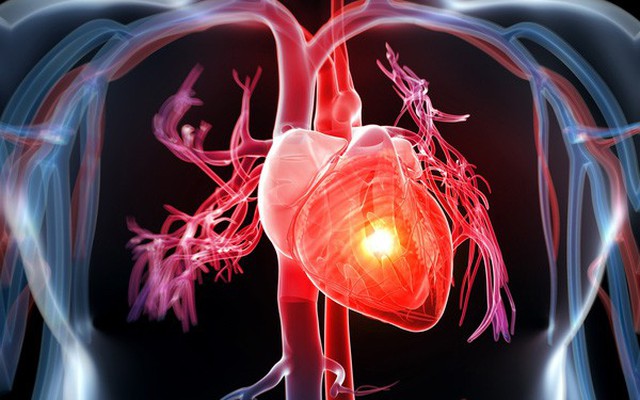1. Health benefits of carrots
- Carrots help improve vision: Carrots are rich in beta-carotene, an antioxidant that the body converts into vitamin A. Vitamin A plays an important role in maintaining healthy vision and preventing night blindness. Adding carrots to your diet will help improve your vision.
- Improve skin health : Carrots contain many antioxidants such as carotenoids and vitamin C, which help the body and skin fight damage caused by free radicals, thereby promoting healthy skin. The amount of vitamin C in carrots also supports collagen production, keeping the skin youthful and elastic.
- Boost immunity: Carrots are a rich source of vitamins B6 and C. Both vitamins contribute to a healthy immune system and fight off diseases, infections, flu, etc. In addition, vitamin B6 supports the production of antibodies to help you recover quickly from infections.

- Better digestion:
Carrots are rich in fiber, which is an important source for maintaining a healthy digestive system. It supports a healthy gut and promotes bowel movements. Additionally, fiber prevents constipation and bloating.
- Weight loss: Carrots are a great choice for losing or maintaining weight because they are low in calories and fat. Plus, they are high in water and fiber, which helps you feel full, curbing hunger and reducing unnecessary snacking. With their nutrient-rich composition, carrots aid in weight loss by reducing overeating between meals.
- Lower cholesterol levels : Carrots contain soluble fiber, which helps bind to cholesterol in the digestive tract and prevent its absorption into the blood. This can help lower bad cholesterol levels and improve heart health.
- Improve brain health: Carrots contain several nutrients important for brain health such as vitamins K1, folate and potassium… which support cognitive function, maintain memory and make learning easier.

Carrots help reduce bad cholesterol levels and improve heart health.
- Freshens breath: Carrots are crunchy and naturally fibrous, which helps stimulate saliva production. Saliva helps wash away food particles and bacteria in the mouth, reducing the risk of tooth decay and gum disease. Additionally, according to Portman Dental Care, carrots also reduce the risk of tooth decay, because chewing raw carrots acts as a natural toothbrush. The chewing action massages the gums, and this bright vegetable is rich in plaque-fighting keratin as well as vitamin A, which is important for strengthening tooth enamel.
- Hydrate the body: Despite their firm texture, carrots have an impressive water content, being up to 90% water. This is especially beneficial after exercise, providing the body with water. Therefore, incorporating carrots into your diet can be a simple and effective way to ensure optimal hydration, along with regular drinking water.
2. Some ways to include carrots in your daily menu
Carrots can be eaten raw or cooked.
- Raw carrots are eaten as a snack or appetizer and sliced, shredded or shredded to add to salads.
- Carrots can also be cooked using a variety of methods, such as boiling, steaming, sautéing, roasting or baking.
When cooked, carrots are eaten as a side dish or cooked with other vegetables. They are also often added to other dishes, such as stir-fries, casseroles, omelets, soups, and stews.
Note: When selecting carrots, look for carrots that are evenly colored from top to bottom, have smooth skin, and are free of cracks. Carrots may be slightly green at the top, but dark colors at the top indicate that the carrots are mature. Generally, carrots are long and thin, but there are also short and fat varieties. Choose carrots that still have their stems and are fresh. Avoid carrots that have started to sprout, have bruises, soft spots, etc.
Source


![[Photo] General Secretary To Lam visits exhibition of achievements in private economic development](https://vphoto.vietnam.vn/thumb/1200x675/vietnam/resource/IMAGE/2025/5/18/1809dc545f214a86911fe2d2d0fde2e8)




![[Photo] Ready for the top competitions of Vietnamese table tennis](https://vphoto.vietnam.vn/thumb/1200x675/vietnam/resource/IMAGE/2025/5/18/9c547c497c5a4ade8f98c8e7d44f5a41)





















![[Photo] National conference to disseminate and implement Resolution No. 66-NQ/TW and Resolution No. 68-NQ/TW of the Politburo](https://vphoto.vietnam.vn/thumb/1200x675/vietnam/resource/IMAGE/2025/5/18/adf666b9303a4213998b395b05234b6a)


















































![[Podcast] - War Scars](https://vphoto.vietnam.vn/thumb/402x226/vietnam/resource/IMAGE/2025/5/18/9a131452559b41c9be4dc3798d0a4da0)











Comment (0)